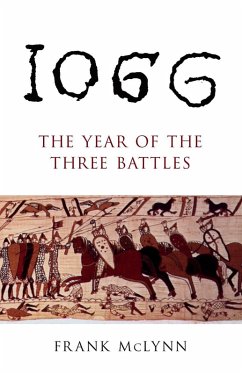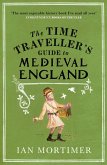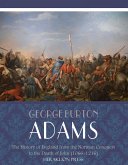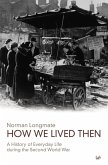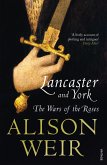Making use of all the latest scholarship, McLynn shows that most of our 'knowledge' of 1066 rests on myths or illusions: Harold did not fight at Hastings with the same army with which he had been victorious at Stamford Bridge three weeks earlier; the Battle of Senlac was not won by Norman archery; Harold did not die with an arrow in the eye. In overturning these myths, McLynn shows that the truth is even more astonishing than the legend. An original feature of the book is the space devoted to the career and achievements of Harald Hardrada, who usually appears in such narratives as the shadowy 'third man'. McLynn shows that he was probably the greatest warrior of the three and that he, in turn, lost a battle through unforeseen circumstances.
Dieser Download kann aus rechtlichen Gründen nur mit Rechnungsadresse in A, B, BG, CY, CZ, D, DK, EW, E, FIN, F, GR, HR, H, IRL, I, LT, L, LR, M, NL, PL, P, R, S, SLO, SK ausgeliefert werden.

